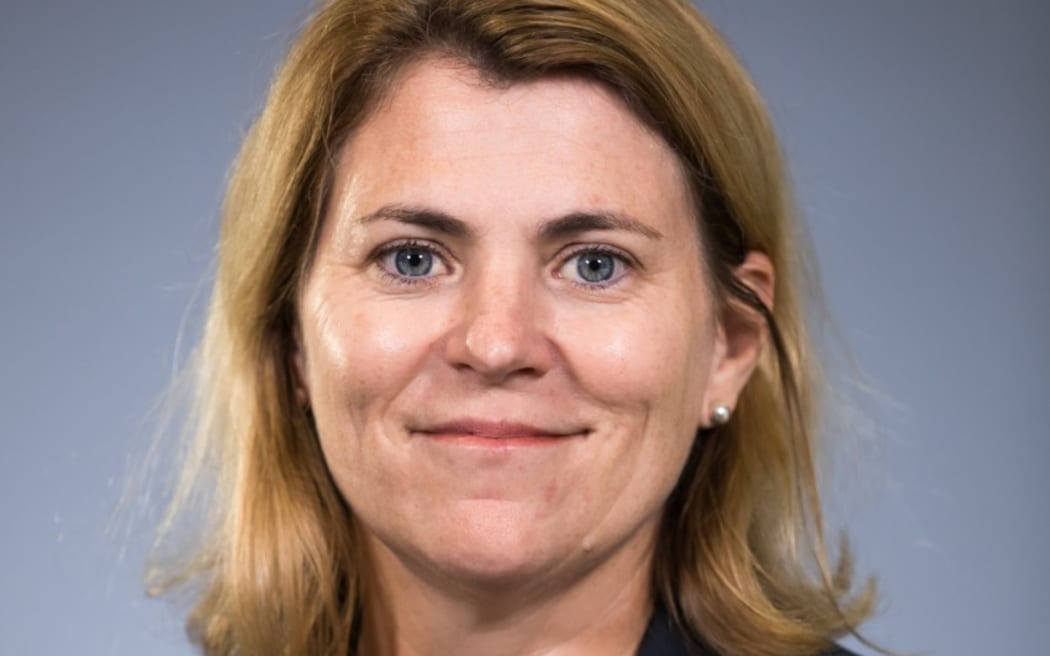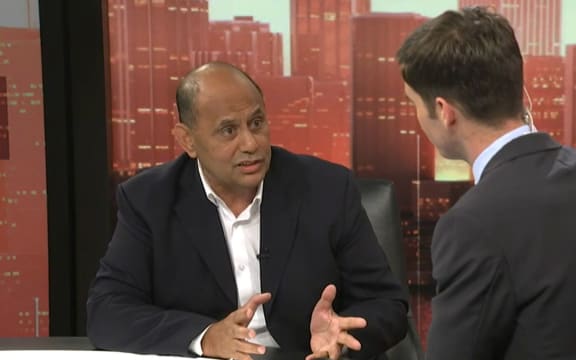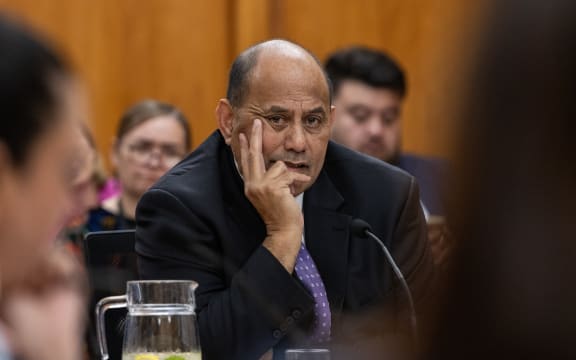Australia puts big tech under more pressure
These days the platforms that pump news around the internet make more money out of it than the media who make it. In Australia, they’ve done deals to ensure the media get more. Now the government also wants big fines for platforms publishing falsehoods. How will that work? And what’s the story here?

Earlier this month, Australia’s government announced new laws to beef up Australia’s media regulator - the Australian Communications and Media Authority (ACMA) - to penalise the likes of Google, Facebook and Twitter for spreading harmful misinformation and disinformation online.
Search engines, social media platforms, dating websites and online marketplaces could all be hit with fines of between nearly A$3 million (NZ$3.2m) and A$7m - or up to 5 percent of their global turnover if they fail to properly tackle disinformation.
And for the first time, the communications watchdog ACMA could demand access to digital providers' documents related to fake news.
“It will essentially mean that the regulator is able to look under the hood of what the platforms are doing,” Australian Communications Minister Michelle Rowland told the media.
The New Zealand government also wants to extend media content regulation to the online realm - but they’re nowhere near as far down the track.
After three years pondering the problem, the Department of Internal Affairs only recently released a discussion paper. Public input on that is open until the end of this month.
By contrast, successive Australian governments have been willing to confront big tech companies in ways governments all over the world have been watching - including New Zealand.
Google is now pushing back against a proposed law in Canada - the Online News Act - which would force tech companies to pay news organisations for each story accessed through its services.
Google is threatening to cut Canadian news from online searches - and Facebook's owner Meta has followed suit.
"Currently, we are proceeding towards ending the availability of news permanently in Canada," a spokeswoman told CBC News last week.
Facebook tried the same tactic before in Australia, when it banned sharing of Australian news on the platform - but reversed the move within a week after a severe backlash.
Facebook and Google eventually did deals with Australian news media outlets - partly because they would have been forced to otherwise.
In 2021, the Scott Morrsion-led government legislated to force the big tech platforms to negotiate with Australia’s news media to pay for news they carry on their platforms.
The architect of the News Media Bargaining Code, Rod Sims - dubbed "the man who forced Google and Meta to pay for news" - told Mediawatch last year the income has been substantial.
"I know for a fact that the payments were well in excess of A$200m - so NZ $40 to $50m sounds absolutely the right number to be spread across all media," he said.
Here, Minister for Broadcasting and Media Willie Jackson has also been prodding the tech titans to do deals to compensate news media, backed up by the prospect of a legislative backstop.
"It's about the Northern Advocate. It's about the Whanganui Chronicle. It's about the Otago Daily Times. We've got to give hope to the small guy, to the small players out there. I'm really proud to bring forward legislation to support them - but we're hoping that they will negotiate a good agreement," Jackson told TVNZ's Q+A last December.

It turns out the minister gave tech companies a similar message themselves in writing just before that - and Google wasn't too pleased.
Documents released to RNZ under the Official Information Act subsequently included a letter from Google New Zealand manager Caroline Rainsford telling the minister Google had been dealing in good faith with the media here.
She pointed out that the Northern Advocate and Whanganui Chronicle were not "small guys" but part of the country’s second-biggest publisher NZME, which had already done a deal with Google for content on its News Showcase service.
Google also complained the minister hadn't followed standard practice with a policy paper allowing for public input.
In February, Google did do a deal with TVNZ - and late last month, it finally reached agreements with Stuff, Otago Daily Times publisher Allied Press, The Spinoff and a bunch of smaller publishers — bringing the total number of publishers to 47.
But what about others - notably Meta, formerly known as Facebook?
Meta did a one-off deal with New Zealand Herald publisher NZME in April, after NZME backed out of the collective effort to negotiate.

In June, Jackson told Parliament's Social Services and Community Committee a "fair bargaining" Bill would require large digital companies to negotiate a fair price for local news content.
"I'm hoping to get that in before the election," Jackson told the select committee earlier this month.
Jackson said its legislation would be a bit of a hybrid of Australia's News Media Bargaining Code – which is believed to have helped media there secure about A$200 million (NZ$212m) a year from Google and Meta – and Canada's proposed Online News Act.
But no draft Bill has been released yet, and there will be few opportunities to introduce it in Parliament before October's election.
If the government changes in October?
National Party broadcasting spokesperson Melissa Lee told Stuff she did not see what good would come from "forcing people to negotiate".
Back in 2021, former Age and ABC journalist Andrea Carson published a major report on misinformation (funded by Facebook itself). Now a professor of media and politics at Melbourne's La Trobe University, Carson also authored The Grand Bargain - a comprehensive analysis of that groundbreaking deal struck with Australian news media in which she said "big tech's hold over the media industry may be set to change".
"The Australian legislation was world-first in that it used competition law rather than copyright law to compel the platforms to pay for third-party news content. It's had a bit of a contagion effect ... so New Zealand's a really interesting one for me to watch," she told Mediawatch.
Political will was the key, she said.
"It was a conservative government here that introduced the NMBC [News Media Bargaining Code]. But the consensus is really among mainstream media organisations, because it's opened up a new revenue stream for them. Smaller start-ups and media outlets have not enjoyed the same level of revenue flow," she said.
"Facebook seemed to make a calculation that once it had done 13 deals, that was enough and it just stopped engaging with media organisations. This shows a little bit of cynicism, I think, on behalf of the platforms," she said.
The platforms are also wary of the Australian government crackdown on misinformation.
"If they're not being transparent about how they're tackling this problem, what they're taking down, what they're turning the algorithm down on, then they might be open for a fine," Prof Carson said.
"At this point, it's not going to look at individual pieces of misinformation and disinformation. It also excludes political content and - controversially - it's not looking at mainstream media content on the platforms."
Recently, Rod Sims pointed out another problem for news media - big tech companies scraping online content to feed their AI engines and reaching behind newspaper paywalls.
"I think Rod Sims is right. Google and other platforms have suggested they're going to use AI to do their own news stories, in fact checking. But these stories don't come out of nowhere. To have accurate information, it needs to train an algorithm ... based on a very large database of news stories," Prof Carson said.
"This is where the legislation already might be a little bit out of date, because it hasn't taken into account the value that comes from that - and there's no value that's been put on that use of news for that purpose."